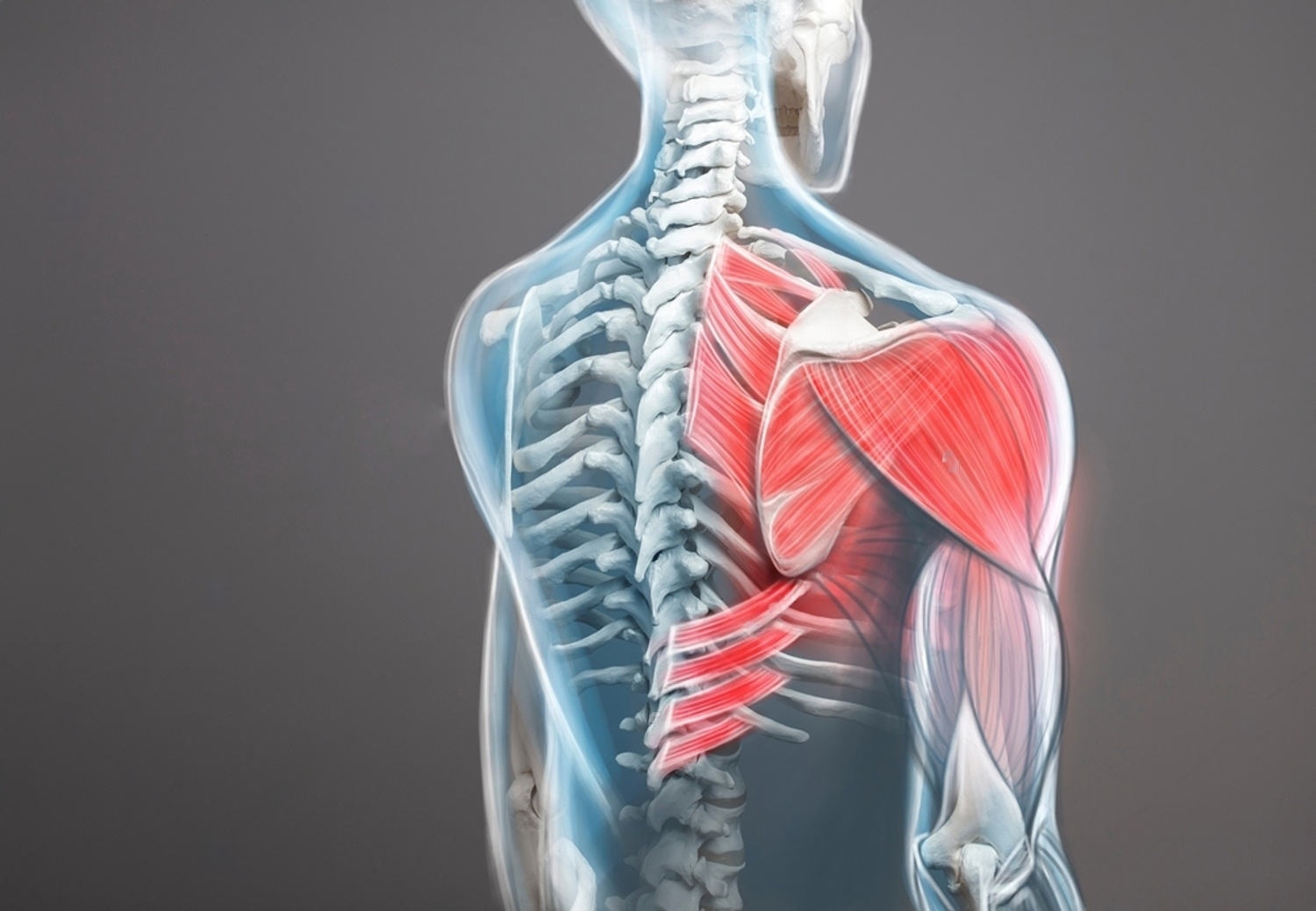A shoulder joint disorder means there is a problem or injury that affects the shoulder joint in the body. The shoulder joint is very flexible and can do many movements like lifting, reaching, and rotating the arm. It is made up of three bones: the upper arm bone, the shoulder blade, and the collarbone. Around the shoulder joint, there are also many muscles, tendons, ligaments, and other soft tissues that help keep it stable and supported.
Frozen Shoulder
Frozen Shoulder, medically referred to as Adhesive Capsulitis, is a condition characterized by significant stiffness in the shoulder joint, leading to difficulties in movement. This condition arises due to the inflammation and thickening of the joint capsule, which envelops the shoulder joint, consequently reducing its capacity to stretch properly. As a result, patients with Frozen Shoulder experience considerable pain and restriction in performing routine shoulder movements. Treatment options may include physical therapy, anti-inflammatory medications, and in severe cases, corticosteroid injections or manipulation under anesthesia. It is essential to seek timely medical attention to alleviate symptoms and restore normal shoulder function.
The rotator cuff
The rotator cuff comprises four crucial muscles and tendons that play a vital role in stabilizing and facilitating movements of the shoulder joint. Unfortunately, injury, excessive use, or degeneration can cause tears in these tendons, resulting in distressing symptoms such as pain, weakness, and restricted range of motion. When one or more of these tendons are affected, it can lead to discomfort and diminished shoulder function, affecting daily activities and overall quality of life. Timely diagnosis and appropriate treatment, which may involve physical therapy, rest, or in severe cases, surgery, can help restore shoulder function and alleviate the symptoms associated with a rotator cuff tear. Early intervention is key to better outcomes and faster recovery.
Shoulder Impingement Syndrome
Shoulder Impingement Syndrome is a condition where the tendons of the rotator cuff, which are responsible for stabilizing the shoulder, get squeezed and irritated between the bones of the shoulder. This often happens when we perform certain movements, like reaching overhead or lifting heavy objects. The compression and irritation of the tendons can lead to pain and inflammation in the shoulder area.
Supraspinatus Tear
A supraspinatus tear happens when the tendon of the supraspinatus muscle gets damaged or partially torn. This can occur due to injury, repetitive movements, or wear and tear over time. When the tendon is torn, it can lead to pain, weakness, and difficulty lifting the arm, especially when reaching overhead.
People with a supraspinatus tear may experience pain on the top and outer side of the shoulder. The pain can be worse at night and may worsen with certain activities or movements. Sometimes, the tear can cause weakness in the affected arm, making it challenging to perform everyday tasks.
Conclusion
If you are experiencing Frozen Shoulder, Rotator Cuff Injuries, or Shoulder Impingement Syndrome in Nanded or Aurangabad, look no further than Physionic Clinic for specialized physiotherapy services. Our dedicated team of experienced therapists is committed to helping you regain pain-free and functional shoulders. Through personalized treatment plans, we will closely collaborate with you, ensuring a successful recovery. Don't allow shoulder pain to restrict your daily activities any further – take charge of your health and schedule an appointment with Physionic Clinic today. Take the first step towards a healthier, pain-free shoulder.
Effective Physiotherapy Solutions for Frozen Shoulder, Rotator Cuff Injuries, and Shoulder Impingement Syndrome in Nanded and Aurangabad.
Understanding Frozen Shoulder
At our Physion Clinic, we have special exercises and techniques in physiotherapy that can help. These exercises can make your joint move better, lessen the pain, and help you heal. Our therapists, who have a lot of experience, will show you how to do different exercises and stretches to gradually improve your shoulder. Our goal is to help your shoulder work normally again.
Treating Rotator Cuff Injuries:
At Physionic Clinic, we use proven physiotherapy techniques to treat rotator cuff injuries with great success. Our skilled therapists will create a tailored treatment plan just for you, which may involve strengthening exercises, manual therapy, and special treatments like ultrasound or hot/cold therapy. Our main goal is to help you feel better by reducing pain, increasing your shoulder's flexibility, and making it more stable. We base our methods on evidence, ensuring that you receive the most effective care possible. Through our personalized approach, we strive to bring relief and healing to your rotator cuff injury, so you can get back to doing the things you love with ease and comfort. Trust our experienced team to guide you on your journey to recovery and improved shoulder health.
Conquering Shoulder Impingement Syndrome
At Physionic Clinic, our team of skilled physiotherapists will conduct a thorough evaluation of your shoulder impingement symptoms. Based on this assessment, we will create a comprehensive and personalized program to address your specific needs. Our approach involves various effective therapies, including shoulder mobilizations, postural corrections, and scapular stabilization exercises.
Through shoulder mobilizations, we aim to improve the mobility and flexibility of your shoulder joint, reducing stiffness and discomfort. Postural corrections help in aligning your body properly, ensuring that undue stress is not placed on your shoulder, which can exacerbate impingement. Scapular stabilization exercises focus on strengthening the muscles around your shoulder blade, providing better support and stability to the shoulder joint.

